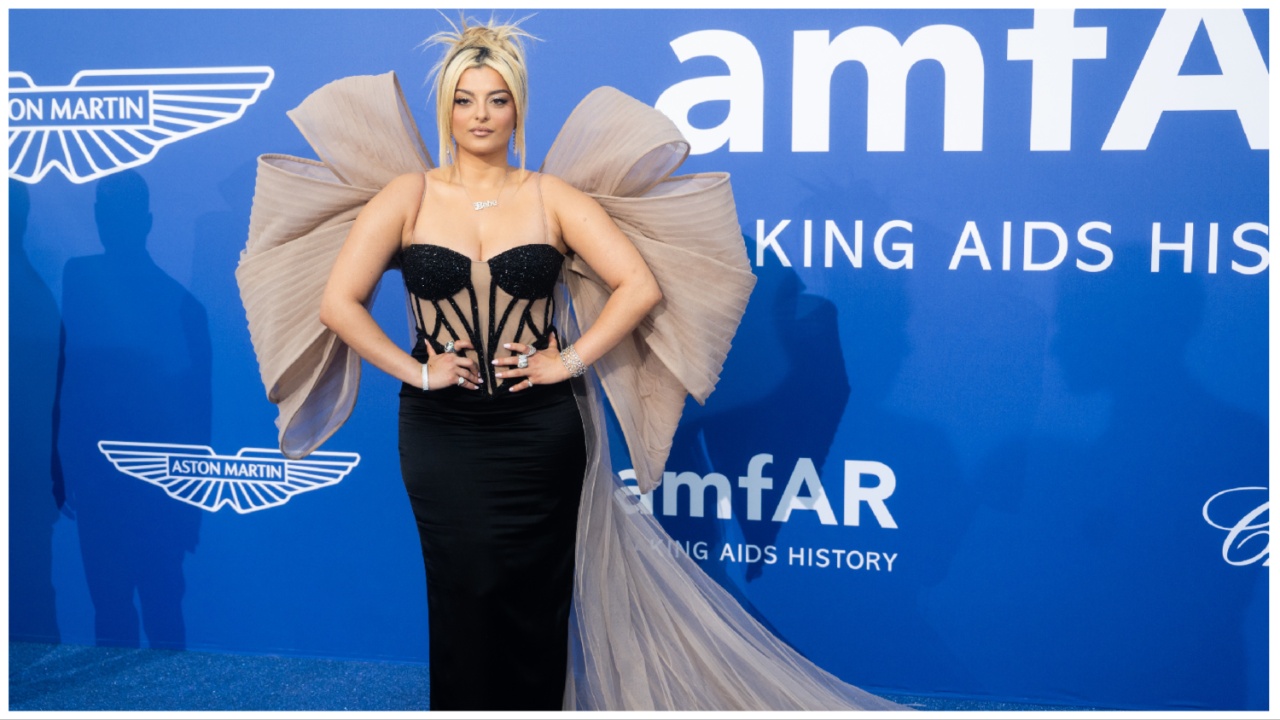Being a Celebrity Shouldn’t Mean Being Inevitably Subjected to Body Shaming

Bleta Rexha, best known by her stage name Bebe Rexha, was among the many talented musicians to nab a nomination for the 2023 MTV Video Music Awards. She was nominated alongside her colleague David Guetta for Best Collaboration for their song “I’m Good (Blue).” For Rexha, the eve of the VMAs should’ve been filled with anticipation and no concerns other than which cute outfit she would wear for her big night. Instead, the night before the VMAs she took to TikTok to share that she was feeling anxious about the body shaming she felt certain she would face if she attended the show.
Rexha frequently uses social media to promote body positivity, even being dubbed the “body positivity queen.” Whether she’s showing her appreciation for her “thick booty” or declaring herself a “bad bitch” regardless of her weight, her posts are inspiring and promote acceptance of all body types. However, even the most inspiring body positivity advocates aren’t immune to struggles with body image or the negative impact of body shaming. In fact, Rexha’s own struggles inspired her to spread body positivity because she understands firsthand the difficulty of accepting oneself despite unattainable beauty standards, widespread body shaming, and fatphobia.
Her honesty with body image struggles made her experience on the eve of the VMAs even more heartbreaking.
Bebe Rexha rethinks attending VMAs due to body shaming
In her usual candid style, Rexha explained to her TikTok followers that she might not attend the VMAs. Partly because she was struggling with anxiety, lacking confidence, and just “wasn’t really loving” herself or feeling like a “bad bitch.” While it’s normal for people to have days like this, part of Rexha’s anxiety was based on people’s cruel comments when she walked the red carpet. Since she was already struggling with her confidence, she didn’t feel like she was prepared for the body shaming and criticism she felt was awaiting her. However, she emphasized that she was very grateful for her nomination and accepted that “the criticism comes with the territory.”
Rexha’s video was a painful reminder of just how bad body shaming continues to be. At this point, celebrities feel that body shaming is inevitable whenever they attend a public event and pose for pictures on the red carpet. Instead of celebrating their achievements, they have to carefully consider the possibility of being body shamed, and whether they’re mentally and emotionally in a place where they can handle those attacks. Unfortunately, Rexha’s fears are very understandable.
Earlier this year, Selena Gomez was horrifically body-shamed after attending the Golden Globes, which forced her to share how her private health concerns and battle with lupus impacted her weight. Around the same time, Sam Smith was also subjected to a cruel body shaming campaign after they released the music video for “I’m Not Here to Make Friends.” These are all just two of countless examples of celebrities being body-shamed. Female celebrities especially tend to be victims of body shaming and body policing, to the surprise of no woman ever.
Body shaming culture needs to end
Being a public figure should not automatically come with body shaming. The campaigns launched against Smith, Gomez, and Rexha seem to encompass a troubling belief that celebrities are fair game and are somehow expected to take on this level of vitriol.
In reality, body shaming is always wrong. It makes no difference if this person leads a more public life or not; there is never any excuse for commenting on anyone else’s body. We’ve gotten to the point where celebrities are begging people to stop commenting on their bodies and refraining from going out publicly for fear of being body-shamed. Celebrities are real people and are just as impacted by body shaming as everyone else.
Body shaming campaigns against celebrities often get the most attention, but body shaming is an issue that affects everyone. It happens publicly and privately, to celebrities and regular people, across all demographics. As a woman who has dealt with this myself, I sometimes feel like it’s inevitable that you’ll be body-shamed. And that’s especially true for women.
As a society, we must understand that we have no way of knowing why someone weighs what they weigh, and it’s absolutely none of our business. No one should be forced to explain their weight or defend it. Their bodies are their own to love and care for as they see fit, not for anyone else to comment on or criticize.
(featured image: Samir Hussein/WireImage)
Have a tip we should know? tips@themarysue.com